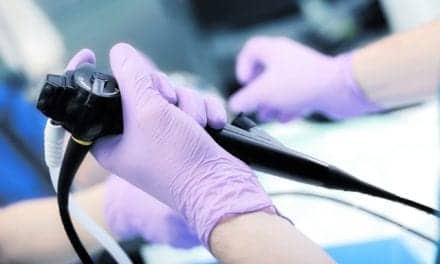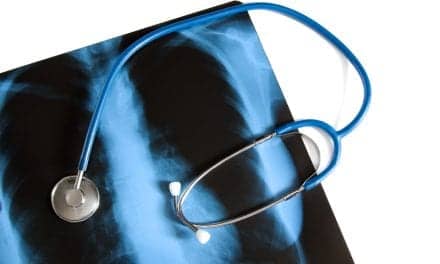Almirall SA, Reinbek, Germany, and Forest Laboratories Inc, New York, recently announced positive top-line results of ATTAIN, a 6-month double-blind placebo-controlled phase 3 study comparing the efficacy and safety of inhaled aclidinium bromide 200 µg and 400 µg twice daily versus placebo, in 828 patients with moderate to severe COPD.
Aclidinium 200 µg and 400 µg produced statistically significant increases from baseline in morning pre-dose (trough) FEV1 versus placebo at week 24 (99 mL and 128 mL, respectively; p<0.0001), which was the primary endpoint of the study for Europe, and at week 12 (77 mL and 105 mL, respectively; p<0.0001) which was the primary endpoint for the United States.
All secondary endpoints demonstrated statistically significant differences versus placebo for both doses. These endpoints included peak FEV1, and the percentage of patients achieving a clinically meaningful reduction in breathlessness (assessed by a one-unit improvement in the Transition Dyspnea Index) and the percentage of patients with improved health status (assessed by a 4-unit improvement in the St. George’s Respiratory Questionnaire).
Additionally, throughout the study, aclidinium produced statistically significant changes from baseline in trough FEV1 versus placebo at each time-point, which ranged from 77 mL to 105 mL for aclidinium 200 µg and from 105 mL to 140 mL for aclidinium 400 µg.
Aclidinium was reportedly well tolerated in the study. The incidence of adverse events and serious adverse events was similar across the three study treatment arms.
Regulatory submission in Europe and the United States for aclidinium bromide monotherapy are both planned for mid 2011.
Source: Almirall









